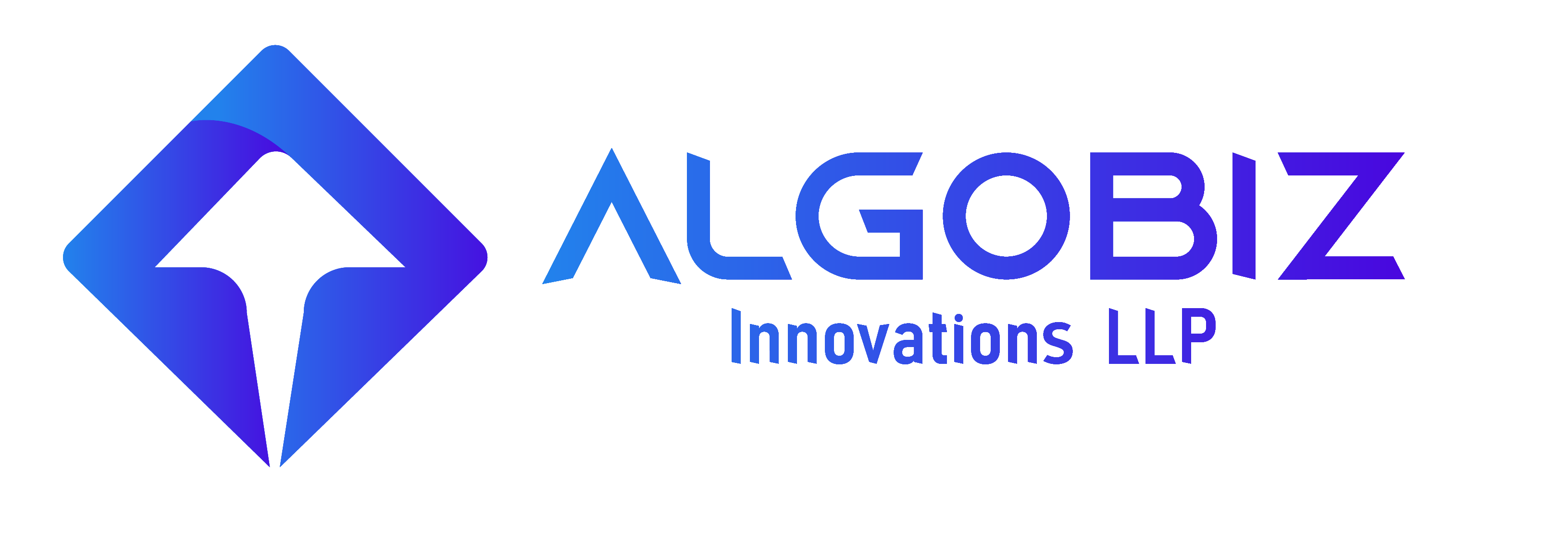Hybrid Work Technology Evolves
The pandemic permanently changed how businesses operate. Hybrid work—where employees split time between remote and in-office work—is now a standard model. As organizations refine their setups in 2025, IT solutions play a critical role in making hybrid work secure, productive, and sustainable.
🚀 Key Benefits
- Flexibility & Work-Life Balance – Employees enjoy freedom while maintaining productivity.
- Global Talent Access – Businesses can hire top talent regardless of geography.
- Cost Savings – Reduced office space and overhead expenses.
- Business Continuity – Operations continue smoothly during disruptions (pandemics, natural disasters, etc.).
- Enhanced Productivity – Cloud collaboration tools boost team efficiency.
⚠️ Challenges
- Security Risks – Remote devices and networks create vulnerabilities.
- Collaboration Gaps – Miscommunication across teams in different locations.
- Culture & Engagement – Maintaining company culture with dispersed teams.
- Tech Overload – Too many apps and tools can overwhelm employees.
- Monitoring Balance – Ensuring accountability without invading privacy.
🛠️ Key Strategies for Success
- Unified Collaboration Tools – Platforms like Microsoft Teams, Slack, or Zoom for seamless communication.
- Secure Access Solutions – Multi-factor authentication (MFA), VPNs, and Zero Trust networks.
- Cloud-First Approach – All key business tools hosted in the cloud for accessibility.
- Employee Wellbeing Programs – Digital wellness initiatives to reduce burnout.
- Smart Workspaces – IoT-enabled offices that support hybrid teams with booking systems and digital meeting rooms.
📊 Real-World Examples
- Microsoft implemented hybrid schedules with Teams as the core collaboration hub.
- Google adopted a “flexible workweek,” supported by secure cloud infrastructure.
- Smaller SMEs are moving entirely to cloud-based platforms (Google Workspace, Office 365) to remain agile.
🔮 Future Outlook
Hybrid work is here to stay. By 2025, expect to see:
- AI-powered collaboration tools that auto-summarize meetings and assign tasks.
- Virtual Reality (VR) & Augmented Reality (AR) offices for immersive team collaboration.
- Employee Experience Platforms (EXP) integrating productivity, engagement, and well-being.
- Stronger IT Governance with centralized monitoring of hybrid infrastructures.
💡 Why it matters: Businesses that invest in hybrid work technologies not only attract and retain top talent but also ensure long-term productivity, security, and employee satisfaction.

